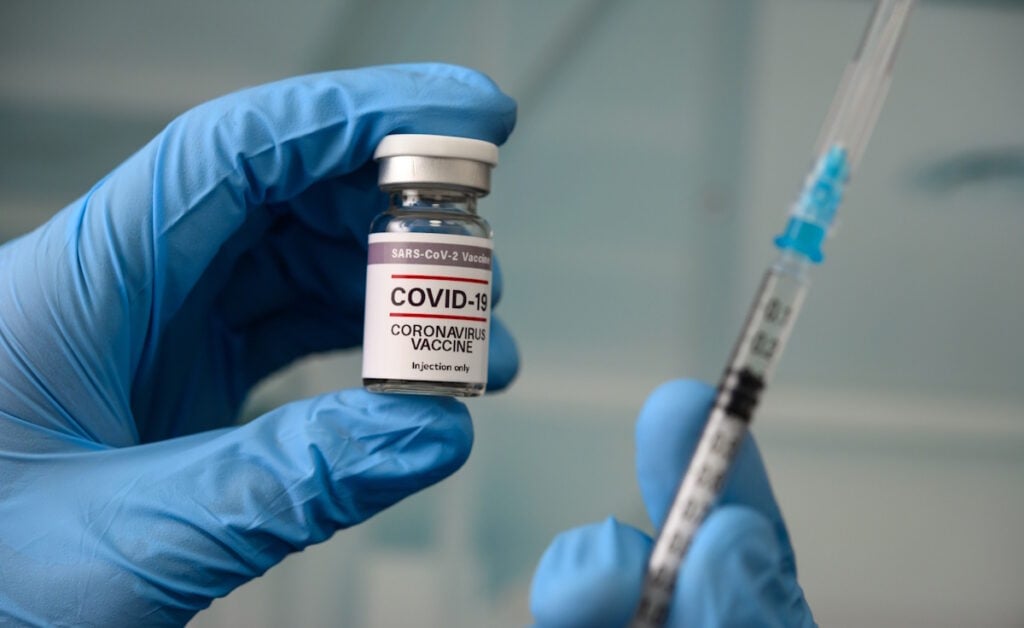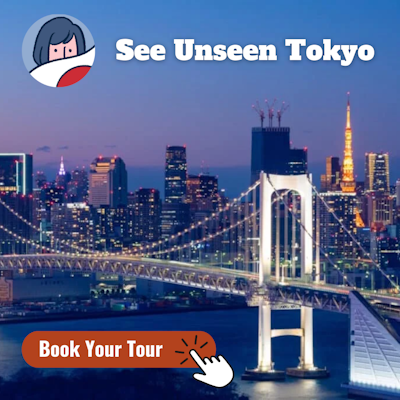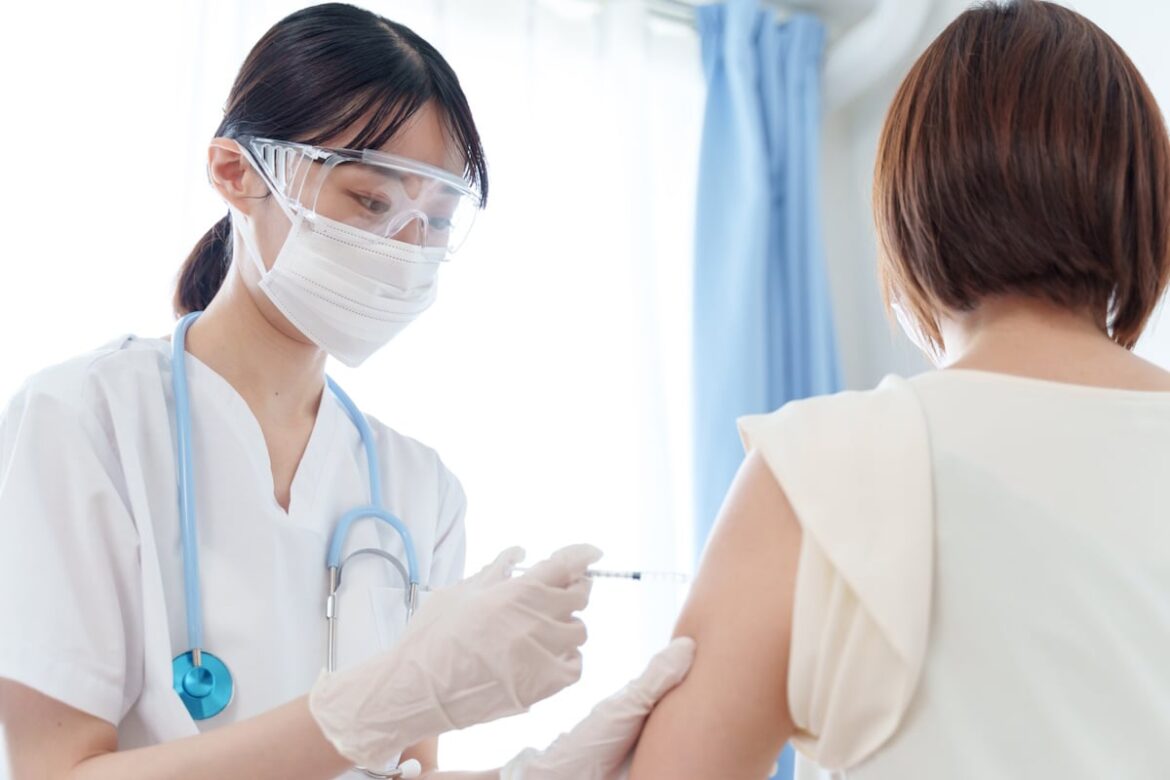Public trust in vaccines remains alarmingly low in Japan, making it one of the world’s least confident nations toward vaccination. This deep-rooted skepticism has become a growing public health concern, particularly as misinformation spreads faster than official reassurances.
The World Health Organization recognized “vaccine hesitancy” as one of the top ten threats to global health in 2019. The term describes the reluctance or refusal to get vaccinated despite the availability of safe and effective vaccines. Experts warn that this trend has already led to the return of preventable diseases, including measles, in several developed countries.
Measuring global trust
 Picture: Graphs / PIXTA(ピクスタ)
Picture: Graphs / PIXTA(ピクスタ)
Between 2015 and 2019, a large international survey measured vaccine trust across 149 countries and 284,000 respondents. It used the Vaccine Confidence Index (VCI), which asks three simple questions: Are vaccines safe? Are they effective? Are they important for children? The answers revealed wide gaps in public confidence.
Countries like the Philippines and Indonesia saw dramatic drops in trust following vaccine-related controversies. In the Philippines, a dengue vaccine scare in 2017 caused widespread fear, dropping vaccine trust from among the world’s highest to one of the lowest. In Indonesia, religious leaders’ concerns about vaccine ingredients lowered confidence in the MMR vaccine.
Japan, however, consistently ranked among the world’s most skeptical nations. In 2015, only a small fraction of Japanese respondents strongly agreed that vaccines were safe. This placed Japan alongside France and Mongolia at the bottom of the global trust rankings.
The HPV vaccine debate
Japan has a positive history with vaccination and public health. The samurai leaders of the late Edo era, for example, carried out a campaign to inoculate the populace against smallpox in the 19th century. The nation, remembering its experience of the Spanish Flu, began mass vaccination in 1962.
The decline in Japan’s vaccine trust is often traced to the HPV vaccine controversy of 2013. After reports of possible side effects, the government suspended its active recommendation for the vaccine. Although scientific reviews later found no evidence linking the vaccine to those symptoms, the suspension lasted nearly nine years.
The impact was devastating. For girls born between 1994 and 1998, HPV vaccination rates were around 70 percent. For those born in 2000, the rate collapsed to less than one percent. This drop, described by Japanese researchers as “a national-scale erosion of trust,” continues to shape attitudes toward vaccines today.
The government eventually resumed promoting HPV vaccination in 2022, but rebuilding public confidence has proven slow. Surveys show many parents remain uncertain about vaccine safety, despite reassurances from health authorities and global organizations.
Why Japanese trust remains fragile
Several structural and cultural factors contribute to Japan’s deep vaccine hesitancy. One major issue is the public’s strong memory of past health scandals. Legal disputes over vaccine side effects in the 1990s, combined with cautious government messaging, reinforced a belief that vaccines can be risky.
Planning a trip to Japan? Get an authentic, interpreted experience from Unseen Japan Tours and see a side of the country others miss!

“Noah [at Unseen Japan] put together an itinerary that didn’t lock us in and we could travel at our own pace. In Tokyo, he guided us personally on a walking tour. Overall, he made our Japan trip an experience not to forget.” – Kate and Simon S., Australia

See a side of Tokyo that other tourists can’t. Book a tour with Unseen Japan Tours – we’ll tailor your trip to your interests and guide you through experiences usually closed off to non-Japanese speakers.


Want more news and views from Japan? Donate $5/month ($60 one-time donation) to the Unseen Japan Journalism Fund to join Unseen Japan Insider. You’ll get our Insider newsletter with more news and deep dives, a chance to get your burning Japan questions answered, and a voice in our future editorial direction.
Japanese people also tend to show high trust in doctors but lower trust in government communication. This gap means that even accurate information from the Ministry of Health, Labour and Welfare (MHLW) often fails to resonate with the public. Health experts note that people prefer direct advice from local physicians over centralized campaigns.
The influence of misinformation
The digital age has further complicated Japan’s vaccine communication efforts. Social media platforms have become major sources of misinformation. False claims about vaccine deaths or exaggerated side effects spread easily online, often amplified by sensational headlines.
Domestic studies by the MHLW show that many citizens cite “fear of unknown risks” as the top reason for refusing vaccines. Others mention “contradictory information from media and officials” as a cause of confusion. Public health experts argue that Japan’s traditionally cautious communication style, favoring understatement and technical language, can leave emotional narratives unchallenged.
How the rest of the world dealt with trust over vaccines
 Picture: aijiro / PIXTA(ピクスタ)
Picture: aijiro / PIXTA(ピクスタ)
While Japan’s vaccine trust remains low, other countries offer examples of recovery. In France, Finland, and Ireland, trust improved after governments launched transparent information campaigns and strengthened collaboration with doctors and scientists. These cases suggest that trust can be rebuilt through consistent, science-based communication and clear responses to public concerns.
The global survey also found that parents’ trust in health professionals strongly influences vaccination decisions. Those who believe doctors and nurses are reliable are far more likely to vaccinate their children. Education also plays a key role: individuals with more years of science education show higher confidence in vaccine safety and importance.
The Japanese government’s efforts in rebuilding trust
Japan’s MHLW has begun addressing these challenges directly. A 2022 MHLW report identified six key behavioral factors influencing vaccination: confidence, complacency, constraints, calculation, collective responsibility, and convenience. Among them, trust in vaccines, health professionals, and policymakers was found to be the most decisive factor.
To rebuild this confidence, the government and local authorities are testing new outreach methods. Some prefectures organize community meetings where doctors explain vaccines face-to-face. Others publish simple Q&A pamphlets that directly address popular rumors. Early results suggest that personalized, local communication works better than national advertising.
Psychologists studying Japan’s vaccine hesitancy point out that fear is not always rooted in rational risk assessment. Rather, it reflects a complex emotional response shaped by past experiences, peer influence, and media exposure. Japanese society’s emphasis on caution and safety, while beneficial in many areas, can paradoxically fuel hesitation when new vaccines emerge.
Experts argue that restoring vaccine confidence requires emotional as well as factual engagement. People need to feel heard before they accept scientific explanations. The MHLW’s own research emphasizes “empathetic communication” as a necessary tool to counter fear.
The cost of mistrust
 Picture: マハロ / PIXTA(ピクスタ)
Picture: マハロ / PIXTA(ピクスタ)
Low vaccine trust carries tangible consequences. During the COVID-19 pandemic, Japan’s vaccine rollout began later than other developed nations, partly due to slow regulatory approval and public skepticism. Although Japan eventually achieved one of the highest vaccination rates in the OECD, experts warn that similar hesitancy could delay responses in future crises.
Planning a trip to Japan? Get an authentic, interpreted experience from Unseen Japan Tours and see a side of the country others miss!

“Noah [at Unseen Japan] put together an itinerary that didn’t lock us in and we could travel at our own pace. In Tokyo, he guided us personally on a walking tour. Overall, he made our Japan trip an experience not to forget.” – Kate and Simon S., Australia

See a side of Tokyo that other tourists can’t. Book a tour with Unseen Japan Tours – we’ll tailor your trip to your interests and guide you through experiences usually closed off to non-Japanese speakers.


Want more news and views from Japan? Donate $5/month ($60 one-time donation) to the Unseen Japan Journalism Fund to join Unseen Japan Insider. You’ll get our Insider newsletter with more news and deep dives, a chance to get your burning Japan questions answered, and a voice in our future editorial direction.
Health officials now describe trust as “public health infrastructure,” something that, once lost, takes years to rebuild. MHLW researchers stress that monitoring public sentiment and reacting quickly to misinformation is as essential as maintaining vaccine supply.
The lessons from Japan’s experience are clear. Vaccine trust is fragile, and it fluctuates with time, events, and communication quality. Once shaken, it cannot be restored by facts alone. Transparency, empathy, and consistent messaging are essential to rebuild what was lost.
As the MHLW concluded in its recent report, trust “arrives on foot but leaves on horseback.” In other words, it takes years of patience and openness to recover from a single misstep. For Japan, which continues to balance scientific caution with social responsibility, regaining vaccine confidence may be as important as the vaccines themselves.
Sources
ワクチンへの信頼、世界では、そして日本ではどうなってる?大規模調査から見る「ためらい」の背景 Yahoo!ニュース
ワクチンの“正しい情報” 産官学連携した発信必要 デマ情報のSNS拡散に対応へ 学会合同・緊急企画 ミクスオンライン
予防接種に関する普及啓発及び広報活動の 検討について 厚生労働省
日本人の新型コロナウイルスワクチンに関する WEB 調査 厚生労働省


AloJapan.com